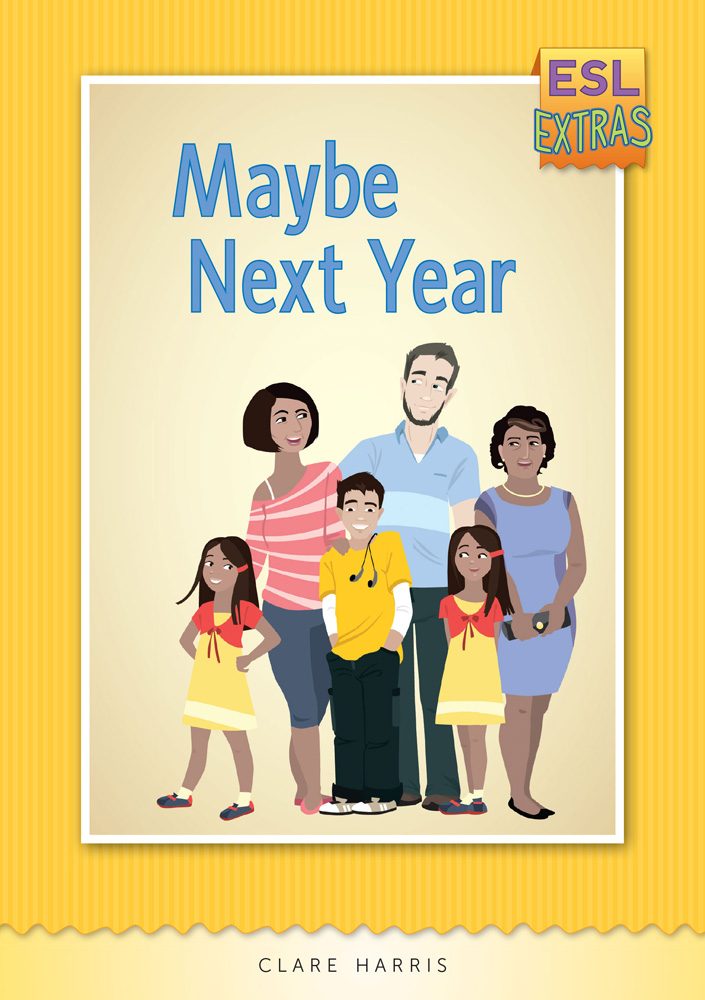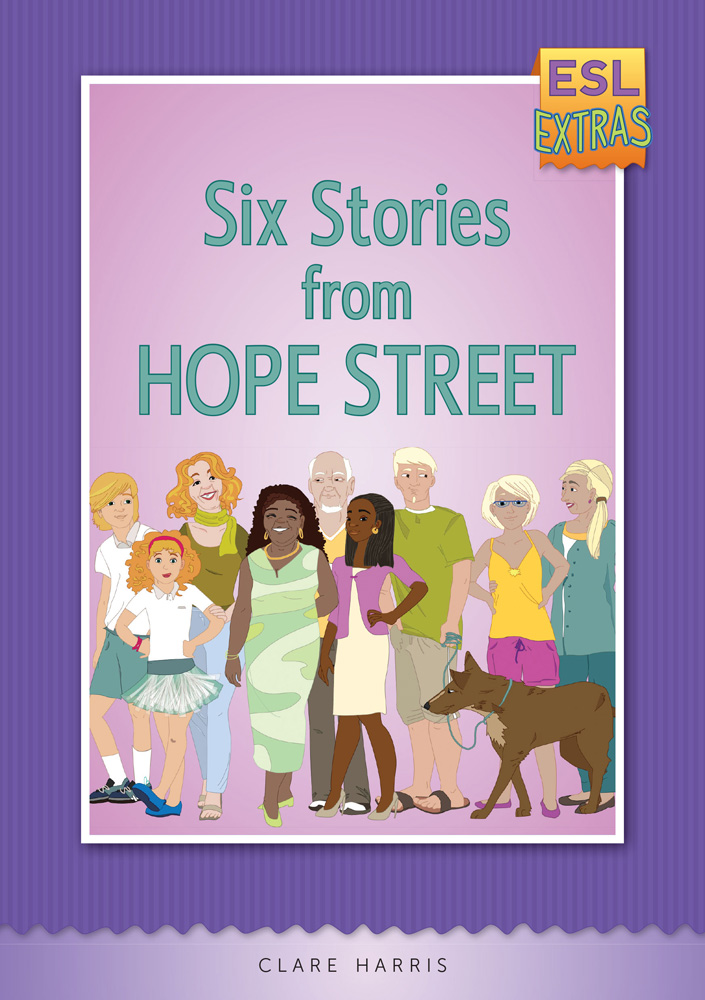For the last few months I’ve been spending 10 minutes a day ‘playing’ at learning Spanish on my phone with Duolingo, my favourite app. If you haven’t tried it, it’s a must – it’s free, there are no ‘in-app purchases’, and you even win ‘lingots’ to buy virtual rewards as you progress. (Duolingo makes their money by crowd-sourcing translations.)
Things that are helping me learn
What I like: the listening practice, the endless repetition and revision, the gentle embedding of grammar (you can read the notes or not, as you wish) – but most of all, the way in which you can spend a spare 10 minutes fruitfully and feel pleased with yourself for completing something. It doesn’t cover survival language (‘Mis tortugas beben agua’ is a classic line that I don’t think I’ll ever need in Buenos Aires, and I still haven’t got as far as numbers yet) – but it seems like a fun way to reinforce vocabulary and sentence structure in spare moments…
Can Duolingo inform my own teaching?
Now I’m wondering what I can learn from it in terms of teaching English? Certainly it’s a good reminder that there can never be enough repetition, and that it feels good to do practice where I’m slightly challenged, but pretty guaranteed to ‘get it right’ most of the time. I really don’t like making a mistake – perhaps like those learners who are silent when they’re not sure of getting things right?
What about learning English through Duolingo? While it offers American English, this is translation method (unlike Rosetta Stone, which is immersion method). At the moment you can only learn from a certain number of languages and indeed, some of these courses are still in development or beta. The courses are now created by volunteers, and while Chinese and Arabic to English are on the current list, Farsi/Dari and languages like Karen and Hakha Chin are not. And of course, you need to be literate in your first language and comfortable with reading English words for this to work. (A number of commenters have also suggested that translation method learning works better from one European language to another, due to similarities in structure.)
So I’m going to ask around at work … are any learners using Duolingo on the smartphones that most of them carry? Or do they have another app of choice?
Warning: If you decide to check out the site from the ‘I’m an Arabic speaker’ perspective, make sure you really are one – I changed my settings from ‘English learning Spanish’ to ‘Spanish learning English’ in order to listen to the accent of the English teaching – and was then rather challenged getting back to my original settings (Configuración > Idiomas, in case you wondered).









